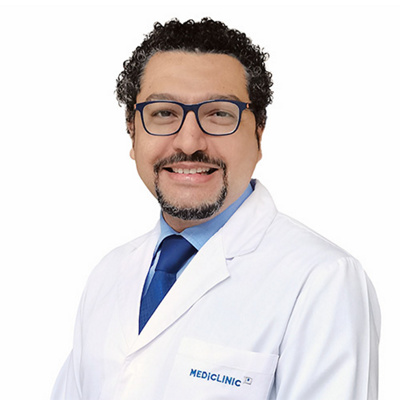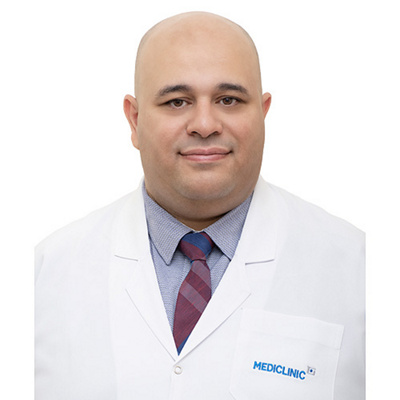Our cardiologists ensure that all cardiac patients are treated for a whole spectrum of both chronic and acute diseases using both preventative and therapeutic treatment modalities.
Some of the key services offered to our patient include the following:
Electrocardiogram (ECG) - recording of the electrical waves from the heart to assess the heart rate, rhythm, heart wall thickness and chamber enlargement as well as early detection of heart attacks. Chest x-ray are used to assess heart size and to look for early signs of heart failure.
Holter monitoring - A small walkman size device connected to the chest wall with wires, which records the ECG for 24 hours. This will be analysed by a special computer. The final report shows us the 24 hour pattern of the heart rhythm at work and at rest. The readings are evaluated by our senior consultants.
Ambulatory blood pressure monitoring - A special blood pressure cuff is connected to the patient's arm which records the blood pressure and pulse rate on a cassette recorder.
Treadmill exercise test - The patient walks on a computerised treadmill at a predetermined speed and gradient. The blood pressure, heart rate and ECG are continuously monitored by the computer during the exercise. This is a sensitive test to detect early signs of heart disease, specially heart attacks or blockage in the coronary arteries. This test is always conducted in the presence of a cardiologist.
Echo doppler test with colour doppler blood flow imaging - Using ultrasound the heart is imaged from various angles. Heart chambers, muscles, valves and blood vessels can all be seen on the video screen and measurements made. Colour blood flow imaging is used to detect all normal and abnormal blood flow patterns inside heart chambers and blood vessels and to measure the velocity of blood flow for precise diagnosis of abnormalities.



